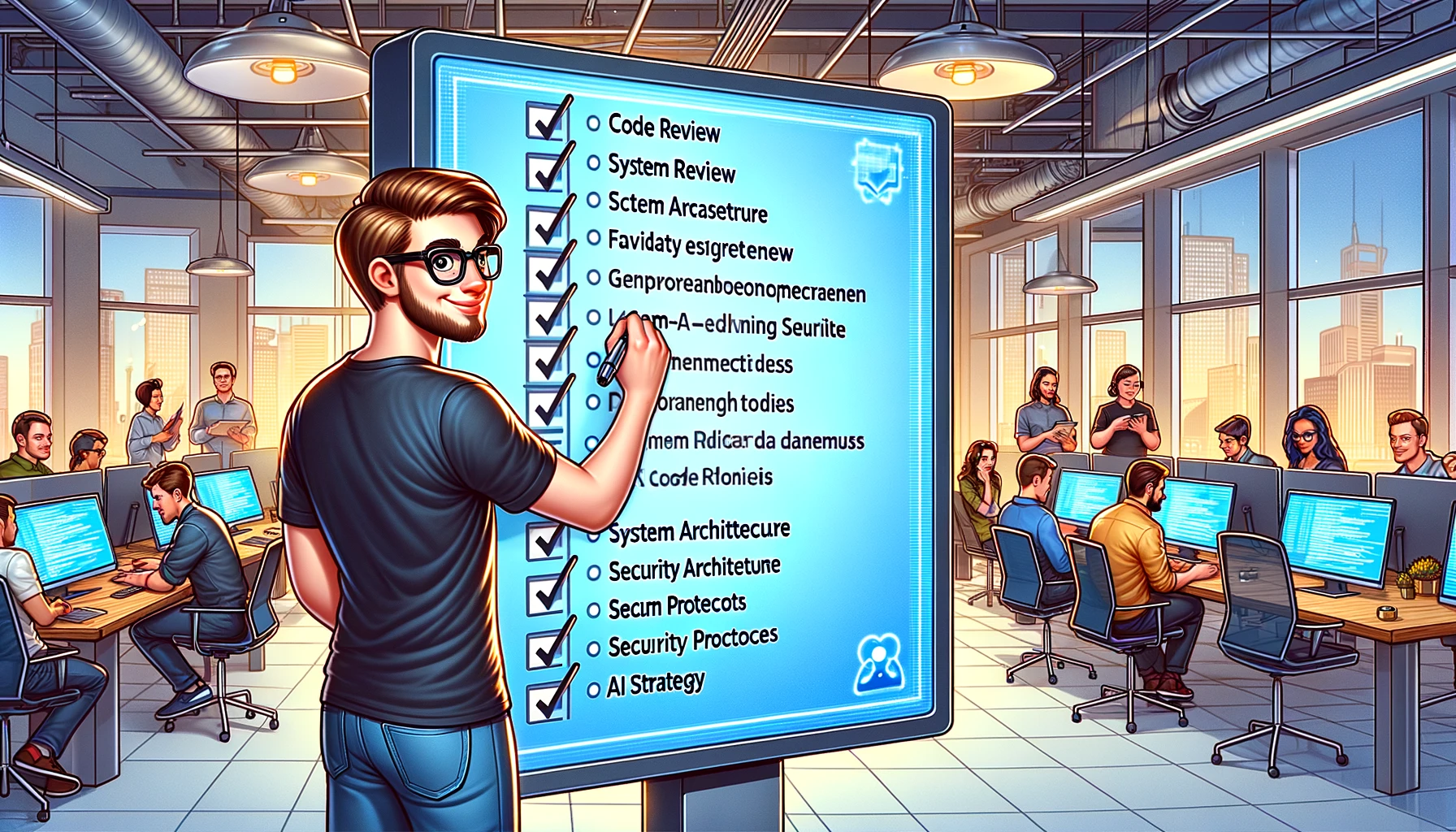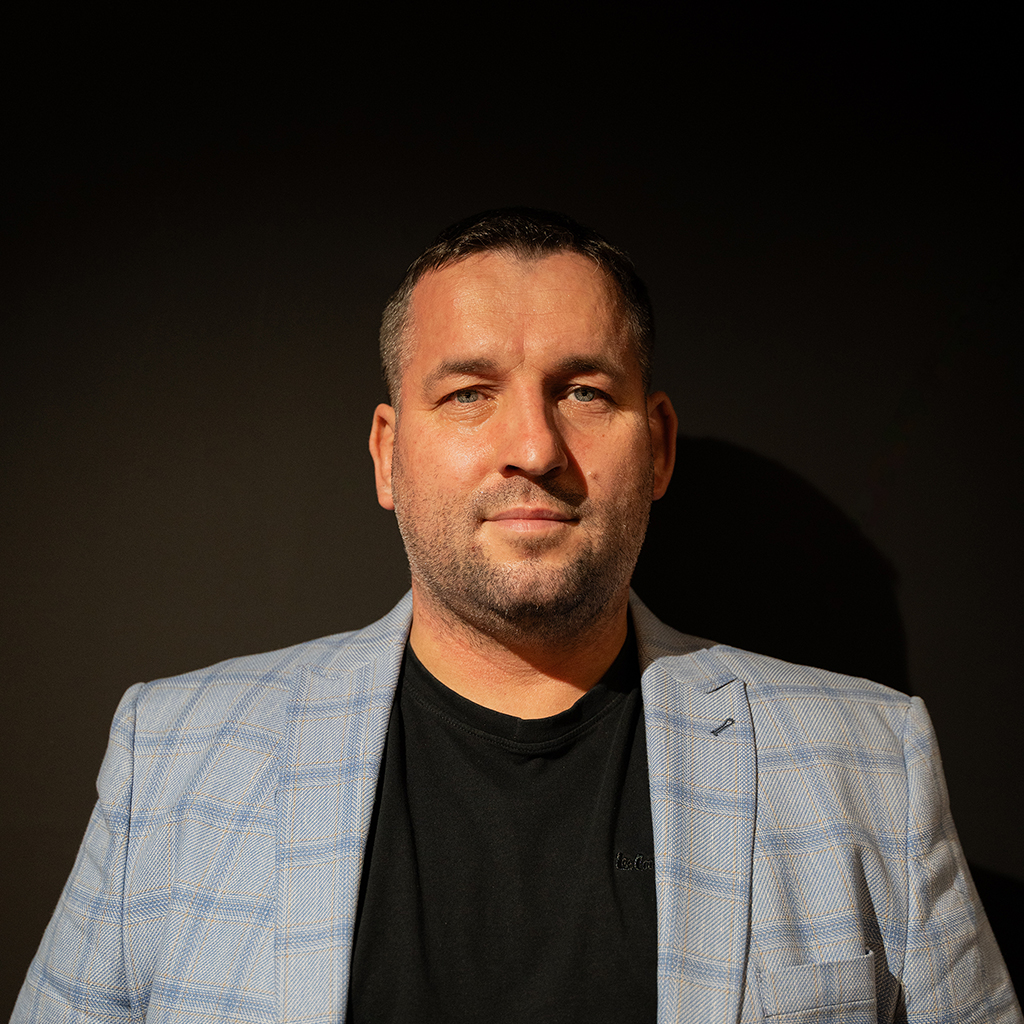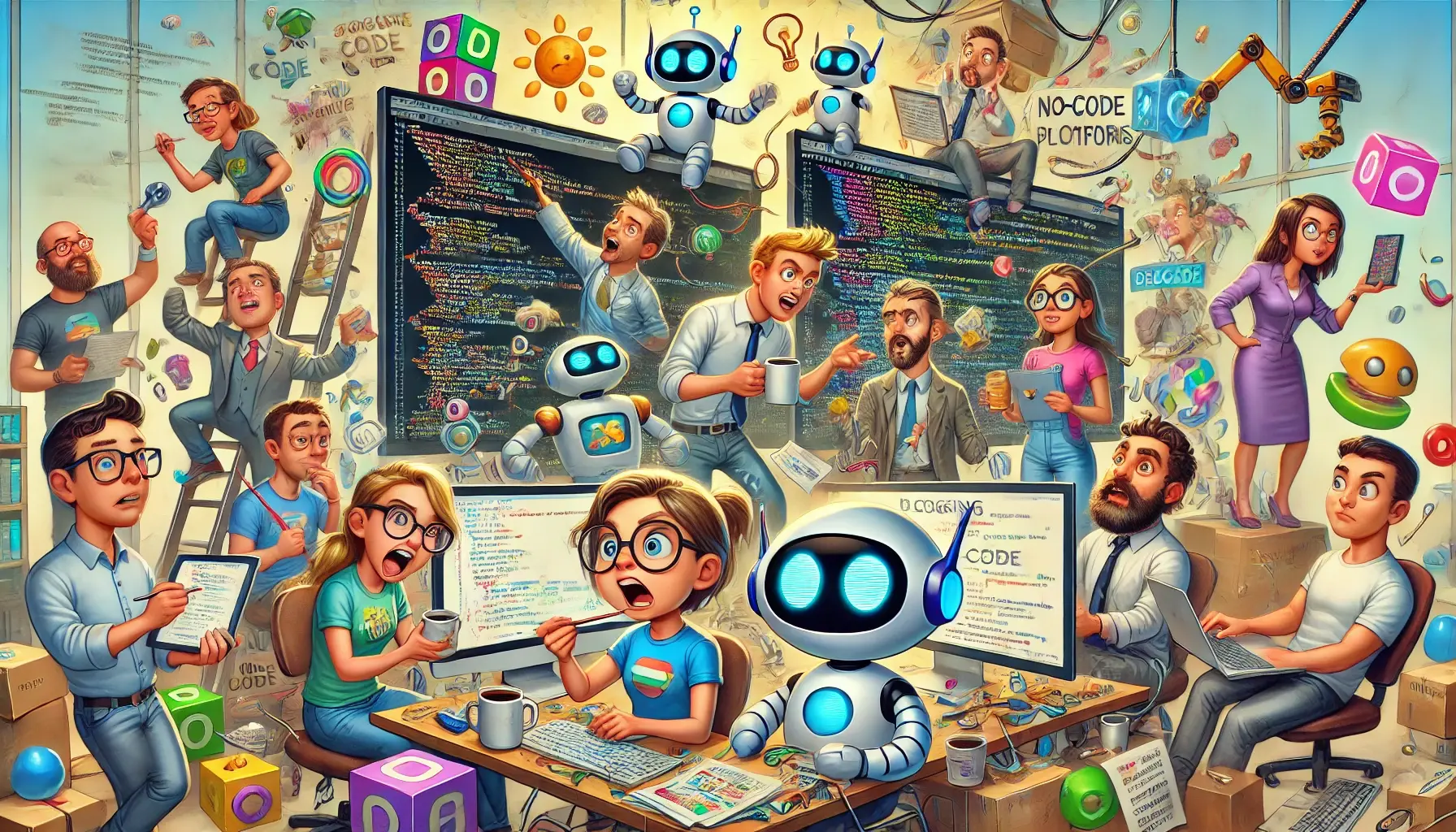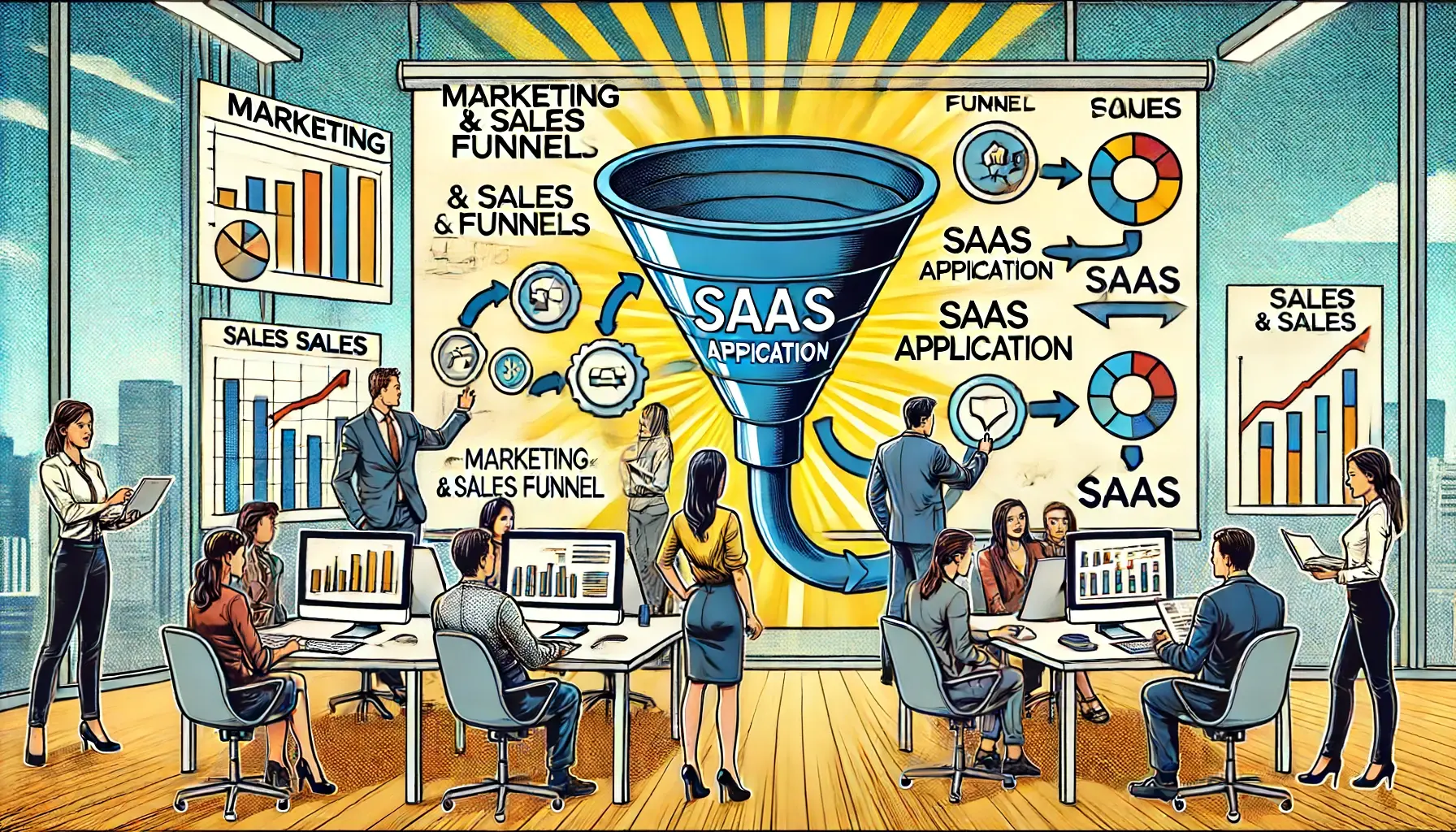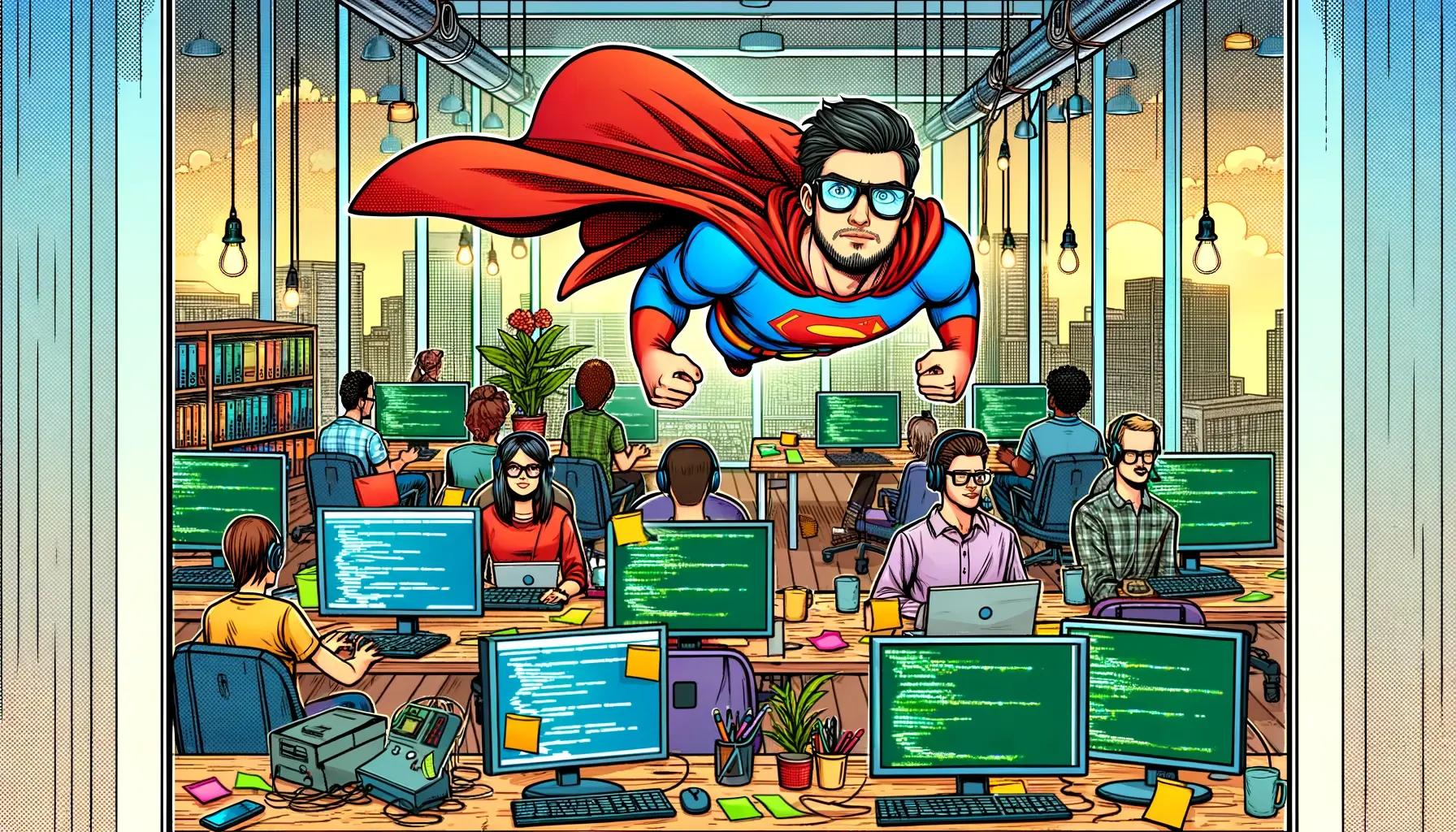In the dynamic world of technology investments, performing detailed technical due diligence (Tech DD) is essential for investors and acquirers to fully understand the technical capabilities, challenges, and potential of startups or tech companies they are considering. Tech DD not only uncovers risks but also validates the technological robustness and scalability of the investment. Below, we explore the expanded scope of tech due diligence to include critical areas like AI strategy and software development lifecycle (SDLC) practices.
Introduction
Technical due diligence offers a deep dive into a company’s technological framework, assessing software and hardware infrastructure, development processes, security measures, and future technology strategies. The goal is to identify potential risks, affirm the technology’s efficacy, and ensure it aligns with strategic business objectives.
Expanded Scope of Technical Due Diligence
1. Code Review
- Quality and Documentation: Evaluates code quality, maintainability, scalability, and documentation completeness.
- Dependencies and Libraries: Examines third-party services or libraries, assessing their security vulnerabilities and license compliances.
2. Architecture Evaluation
- System Architecture: Analyzes the architectural design for robustness and adaptability to technological shifts.
- Data Management: Reviews data structures, database management, and data integrity protocols.
3. Security Posture
- Security Protocols: Assesses cybersecurity measures including encryption, firewalls, and intrusion detection systems.
- Compliance: Ensures compliance with data protection laws like GDPR or HIPAA.
4. Scalability and Performance
- Load Handling: Tests the system’s ability to manage increased loads and scalability.
- Performance Benchmarks: Conducts performance testing under various conditions to identify potential slowdowns.
5. Development and Operations (DevOps)
- Development Practices: Investigates the effectiveness of the development methodologies employed, such as Agile or Waterfall.
- Deployment Mechanisms: Reviews deployment pipelines and strategies for continuous integration and deployment (CI/CD).
6. Infrastructure and Operations
- Hardware and Software: Evaluates the adequacy of hardware resources and software platforms for current and future needs.
- IT Operations: Reviews IT operational practices, including disaster recovery plans and incident management.
7. Product Management
- Roadmap Review: Analyzes the product development roadmap for realism and alignment with strategic objectives.
- Feature Set: Assesses the features against market demands and customer needs.
8. Intellectual Property
- Patents and Trademarks: Reviews IP protections like patents and trademarks.
- IP Risks: Identifies potential IP-related risks or infringement issues.
9. AI Strategy
- AI Implementation: Discusses how AI technologies are integrated into the product and their impact.
- AI-Driven Features: Evaluates AI-enhanced features that differentiate the product in the market.
- Data Strategy for AI: Reviews data collection and usage for training AI models, including ethical considerations.
10. Software Development Lifecycle (SDLC)
- Process Maturity: Assesses the maturity of the SDLC processes in place.
- Quality Assurance and Testing: Reviews QA and testing frameworks to ensure product reliability and user satisfaction.
- SDLC Tools: Examines the tools used in the SDLC for suitability and efficiency.
11. Team and Expertise
- Team Composition: Evaluates the technical team’s qualifications, experiences, and roles.
- Leadership and Governance: Reviews the structure of technical leadership and its effectiveness in governance.
Conclusion
Technical due diligence is a critical assessment process that helps stakeholders make informed investment decisions and strategize effectively for the future. By thoroughly examining these expanded areas, including AI and SDLC practices, investors can gain a comprehensive understanding of a tech company’s technological health and innovation potential, ensuring a sound investment and successful integration.
